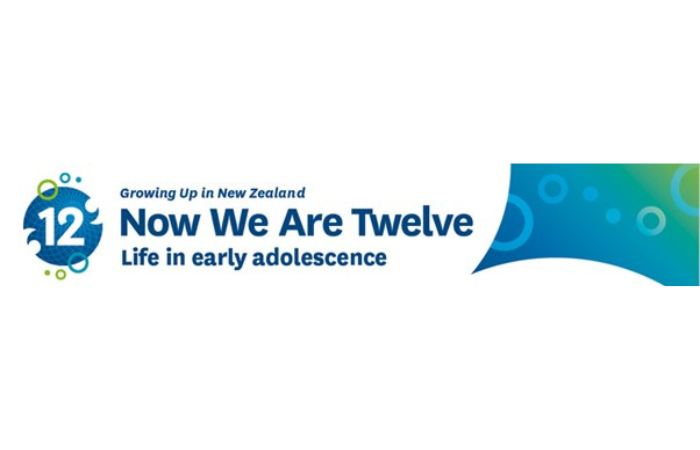Infant immunisation: negative messages more influential than positive

August 18, 2017
Infant immunisations are more likely to be delayed if women receive information during pregnancy that discourages infant immunisation.
Infant immunisations are more likely to be delayed if women receive information during pregnancy that discourages infant immunisation. However, when pregnant women receive encouraging information about immunisation it has no effect on the subsequent timeliness of infant immunisations.
Fewer than half of pregnant women recall receiving any information about infant immunisation during their pregnancy.
These new research findings, from the University of Auckland Centre for Longitudinal Research – He Ara ki Mua, were published today in the journal Pediatrics. This publication reports findings from a project which analysed data from the longitudinal child study Growing Up in New Zealand.
Study senior author Professor Cameron Grant says that for national immunisation programmes to yield their maximal health benefits requires children to receive scheduled vaccinations on time. This is particularly important for the primary infant immunisation series where delay increases the risk of hospital admission due to vaccine-preventable disease.
“Pregnant women receive information that supports or opposes immunisation. This research set out to identify what proportion of pregnant women receive such information, the sources of that information and whether receipt of information about infant immunisation has any influence on the timing of their children’s immunisations.”
More than 6,000 pregnant women were asked what information they had received about infant immunisation during the pregnancy in the course of face-to-face interviews conducted as part of the wider Growing Up in New Zealand study. The interviews took place in 2009 and 2010 at an average of 39 weeks’ gestation. The timeliness of subsequent immunisation was determined through linkage with the National Immunisation Register (with parental consent).
Fewer than half (44%) of the 6,182 mothers interviewed recalled having received any information about the immunisation of their future children. Thirty percent said they had received only encouraging information, while nine percent received both encouraging and discouraging advice and five percent received only discouraging information.
Of those women who did not recall receiving any information during pregnancy, 70 percent of their infants were immunised on time, as defined by receipt of the immunisation within one month of its due date. This compares with 57 percent of infants of women who received discouraging information and 61 percent of infants of women who received both encouraging and discouraging information.
The infants of women who received only encouraging information about infant immunisation during their pregnancy were no more likely to be immunised on time than the infants of women who received no information about infant immunisation during their pregnancy.
The main sources of immunisation information identified by the women were health care providers (identified by 35%), family and friends (identified by 14%), and media (identified 14%). Most said they received only encouraging information from health care providers, while the main sources of discouraging information were family and friends and media.
Professor Grant says he was concerned to see that one in six women who recalled receiving discouraging information identified health care providers as a source of that information.
“It is clear that pregnant women receiving information which discourages infant immunisation has a negative effect on subsequent health care delivery to that infant, even when they have also received information which encourages immunisation,” says Professor Grant.
“In contrast, the receipt of encouraging information about infant immunisation during the pregnancy is no more effective than receiving no information.
“The ambiguity created by pregnant women receiving conflicting advice about infant immunisation is an area which requires some focused attention.
“We cannot prevent pregnant women from being exposed to information discouraging immunisation, but we can improve the ways in which we deliver encouraging information and ensure that they meet the information needs of everyone.”
<hr/>
Veerasingam P, Grant CC, Chelimo C, Philipson K, Gilchrist CA, Berry S, Atatoa Carr P, Camargo Jr CA, Morton S (2017). Vaccine education during pregnancy and timeliness of infant immunization. Pediatrics 140(3): e20163727 published online 18 August
<hr/>
%201.svg)



